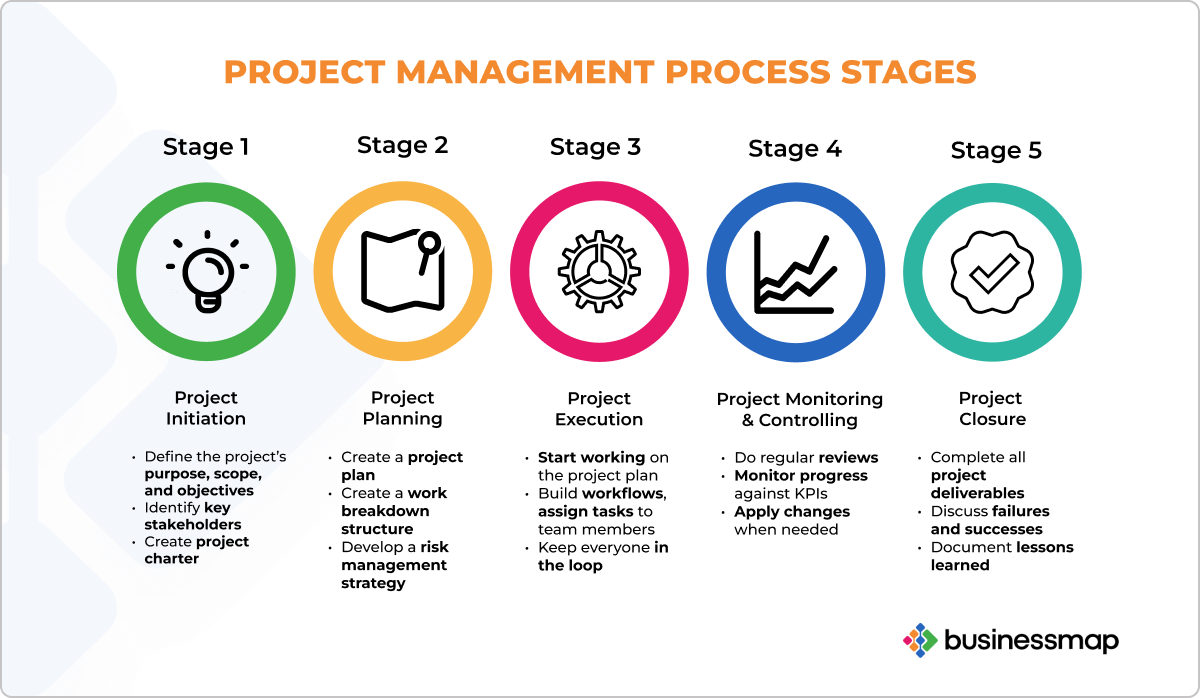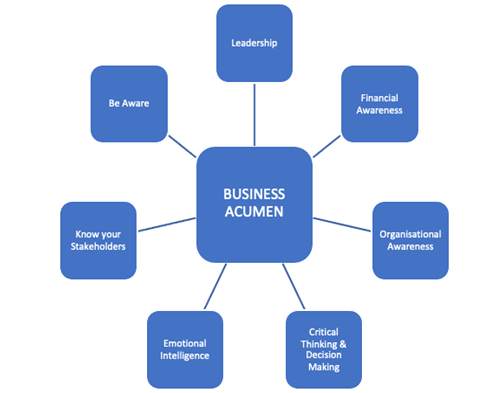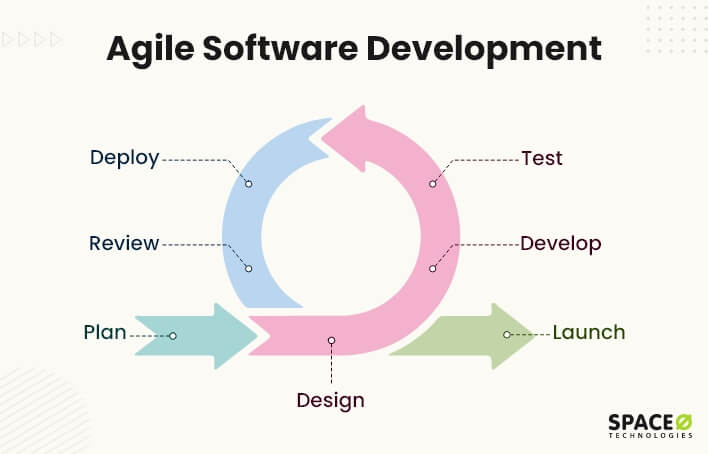Top Qualities to Look for in Reliable eCommerce Development Experts
The #1 top quality to look for in e-commerce developers is their ability to create secure, scalable, and user-friendly platforms that enhance the overall shopping experience and drive conversions. A robust eCommerce presence is becoming an integral part of doing business, no matter how big or small your company is or what it does. And as the marketplace continues to shift to the online realm, the demand for skilled eCommerce development experts has skyrocketed.
However, not all developers are created equal. So, what sets reliable eCommerce development experts apart from the rest? This article takes a close look into the essential qualities you should look for when hiring an eCommerce development expert to ensure your project’s success.
Click on each Corresponding link to jump ahead:
- Technical Expertise
- Experience and Portfolio
- Problem-Solving
- Communication
- Adaptability and Innovation
- Project Management
- Business Acumen
- Attention to Detail
- Conclusion
If you are looking for help in the eCommerce development space, contact Profitworks.
1) Technical Expertise

Source: Shopify
As mentioned earlier, technical know-how is the cornerstone of e-commerce development. A top e-commerce developer must possess a deep understanding of various platforms, such as Shopify, Magento, WooCommerce, or custom-built solutions, and have the skills to maximize their features. But what separates a competent developer from a truly exceptional one is the ability to tailor these platforms to meet your specific business needs, offering solutions that enhance both functionality and user experience.
For instance, imagine you need to integrate a complex payment gateway into your online store—one that supports multiple currencies, payment methods, and perhaps even subscription models. A developer with robust technical knowledge would be able to handle this integration and make it work. However, a top-tier developer goes beyond mere functionality; they ensure that the gateway operates seamlessly across all devices and browsers, delivering a flawless experience to your customers, regardless of how they access your site.
Furthermore, such expertise allows for anticipating potential issues and proactively addressing them, whether it’s optimizing the checkout process to reduce cart abandonment or ensuring fast load times for high-traffic events like Black Friday sales. Technical competence directly impacts project success by ensuring that your e-commerce site not only functions well but also stands the test of scalability, security, and user-friendliness. This level of attention to detail can make or break an e-commerce business, particularly in highly competitive markets.
2) Experience and Portfolio

Source: Squarespace
Experience is a crucial factor when assessing a developer’s reliability and skill set. It reflects not only how long they’ve been in the field but also their exposure to different types of challenges and industries. A well-rounded portfolio is often the best way to evaluate this experience. It should showcase diverse projects, giving you a glimpse into their ability to solve complex problems, adapt to different business models, and produce visually appealing designs.
For example, when reviewing a developer's portfolio, you should look for projects that align with the scale and scope of your own e-commerce needs. If you're launching a high-end fashion store, a developer who has previously worked on similar luxury brands will likely have a stronger grasp of your aesthetic preferences and functional requirements. Their experience in successfully implementing features such as detailed product catalogues, custom search filters, and interactive user interfaces can serve as a good predictor of their ability to deliver on your project.
Moreover, reviewing a developer’s previous work provides insight into their design aesthetics and how they handle real-world challenges like scaling a site for increased traffic or integrating third-party tools like analytics and customer relationship management (CRM) systems. A solid portfolio, especially one that includes projects similar to yours, can inspire confidence in the developer’s ability to understand your unique requirements and deliver a solution that exceeds your expectations. In essence, their past successes can often serve as a reliable indicator of their potential for future performance.
3) Problem-Solving

Source: Wix
E-commerce development often presents a wide range of challenges, making strong problem-solving skills an essential trait for any top developer. From technical glitches to user experience issues, these challenges require a developer who can think critically and creatively to overcome obstacles. In fact, effective problem-solving can turn potential roadblocks into opportunities for innovation and growth, ensuring that your e-commerce platform not only runs smoothly but also continuously improves.
For instance, imagine your e-commerce site experiencing unexpected downtime during a peak shopping period, such as Black Friday. In this scenario, even a short disruption can lead to significant revenue loss and damage to your brand’s reputation. A developer with sharp problem-solving skills would not only act swiftly to diagnose the issue and implement a fix, but they would also analyze the root cause and suggest long-term improvements. Whether that involves optimizing server infrastructure, improving load-balancing strategies, or automating monitoring systems, their proactive mindset ensures the problem is resolved quickly and is less likely to recur.
This approach doesn’t just save time and money—it helps preserve customer trust. By anticipating potential pitfalls and continuously refining your site’s performance, a problem-solving developer can transform moments of crisis into learning opportunities, making your e-commerce platform more robust and resilient. Their ability to troubleshoot and innovate on the fly ensures that your business is better equipped to handle the unexpected, which is crucial in the fast-paced world of online retail.
4) Communication

Source: Ecwid
Clear and consistent communication is vital to the success of any e-commerce development project. A developer must be able to convey ideas, progress updates, and potential issues in a way that is understandable, even to clients who lack a technical background. This transparency ensures that everyone involved—whether they are stakeholders, designers, or marketers—remains aligned and that the project progresses without unnecessary delays or misunderstandings.
To assess a developer’s communication skills, consider conducting a video interview. This setting allows you to observe not only how effectively they explain complex technical concepts but also how well they ask questions. Asking insightful questions demonstrates active listening, a key aspect of quality communication. A developer who listens carefully is more likely to understand your business goals, prioritize the right tasks, and anticipate potential concerns before they become bigger problems.
Additionally, good communication fosters a collaborative working environment where expectations are clearly set from the outset. For example, if your project timeline shifts or new requirements emerge, a developer with strong communication skills will proactively inform you, suggest alternative solutions, and ensure that you’re always kept in the loop. This minimizes surprises and keeps the project on track, while also building trust between you and the developer. Ultimately, strong communication ensures smoother project management and helps create a final product that truly meets your needs.
5) Adaptability and Innovation

Source: Amazon
In the ever-evolving tech world, adaptability is key to staying competitive, and a top e-commerce developer should be proactive in keeping up with the latest industry trends and technologies. The ability to embrace change and integrate cutting-edge solutions can make all the difference in an e-commerce platform’s performance and user experience.
For example, a developer who stays current with trends might suggest incorporating AI-powered chatbots to streamline customer service on your e-commerce site, providing instant responses to common queries and improving user engagement. They may also recommend implementing voice search functionality or augmented reality (AR) features to enhance product browsing and customer interaction. These innovative solutions not only offer a more personalized shopping experience but can also drive higher conversions.
Adaptable developers don’t just implement the latest technologies—they think ahead to ensure that any new features seamlessly integrate with your existing systems and business processes. This forward-thinking approach can lead to more secure, efficient, and user-friendly e-commerce platforms, offering a competitive edge in a crowded marketplace. By leveraging new technologies and tailoring them to meet your specific business needs, developers with adaptability and a focus on innovation help ensure that your online store stays relevant and continuously improves over time.
6) Project Management

Source: BusinessMap
In the fast-paced world of e-commerce development, effective project management is crucial for meeting deadlines, staying within budget, and ensuring smooth execution. Your e-commerce developer should be proficient in established project management methodologies such as Agile or Scrum, which are designed to facilitate regular updates, foster collaboration, and ensure efficient workflows.
These methodologies break the project down into manageable sprints, allowing for continuous progress monitoring and incremental delivery. This means you’ll receive regular updates on the project’s status, giving you the chance to provide feedback and request adjustments as needed. A structured approach like this ensures that any potential issues or changes are promptly addressed, minimizing disruptions and keeping the project on track.
In addition to regular communication and updates, an experienced developer will also prioritize tasks according to your business goals, ensuring that high-impact features are delivered first. They will also manage resources efficiently, ensuring the project remains within scope while avoiding unnecessary delays. Ultimately, strong project management leads to a more organized, transparent, and collaborative development process, reducing the likelihood of surprises and delivering a final product that aligns with your vision.
7) Business Acumen

Source: Executive Support Magazine
Creating a visually appealing and functional website is important, but an e-commerce developer with strong business acumen goes beyond the technical aspects to understand the broader business dynamics at play. Developers who possess this skill can anticipate how technical decisions will impact key areas like marketing, sales, customer service, and overall business performance.
For instance, a developer with business insight will recognize how integrating a feature that allows users to bundle products for discounts aligns with your marketing strategies. They’ll understand that this not only enhances the customer experience but also boosts the average order value, contributing to higher revenue and supporting your business goals. They can also suggest improvements like personalized product recommendations or streamlined checkout processes to reduce cart abandonment, driving conversions and customer retention.
By aligning technical development with business objectives, a business-savvy developer ensures that every feature is strategically designed to support growth, efficiency, and profitability. This holistic approach leads to more informed decisions, where both technical execution and business outcomes are optimized to achieve long-term success.
8) Attention to Detail

Source: Space-O Technologies
Meticulous attention to detail is a hallmark of top e-commerce developers, ensuring that every aspect of your website functions seamlessly. From achieving a pixel-perfect design to eliminating bugs in the code, these professionals understand that small oversights can lead to big problems, especially in an e-commerce environment where user experience and functionality are paramount.
For example, a minor coding error in the checkout process could result in customers being unable to complete their purchases, leading to cart abandonment and lost sales. A developer who "sweats the small stuff" will rigorously test every feature, ensuring that elements like payment gateways, product pages, and mobile responsiveness all work flawlessly. They’ll also ensure that design elements are consistent across devices and browsers, maintaining a polished, professional appearance.
Attention to detail also extends to performance optimization, security protocols, and compliance with e-commerce standards. By focusing on the fine details, developers help create a website that not only looks great but also delivers a smooth, reliable, and secure shopping experience, helping you avoid potential disruptions and maintain customer trust.
9) Conclusion
Although technical skills are certainly critical, finding the right eCommerce development expert extends beyond that. Look for business acumen, adaptability, and attention to detail, as well as communication and problem-solving skills to ensure your eCommerce site is not just functional but exceptional.
Ready to elevate your e-commerce game? Start by seeking out these essential qualities in your next development partner and watch your online business thrive.
